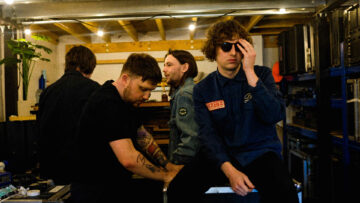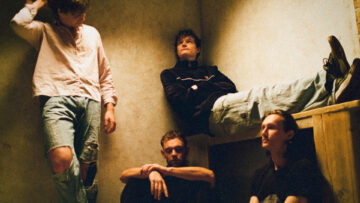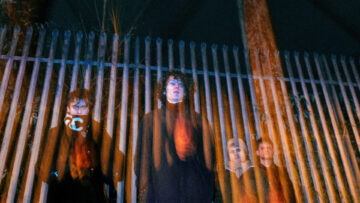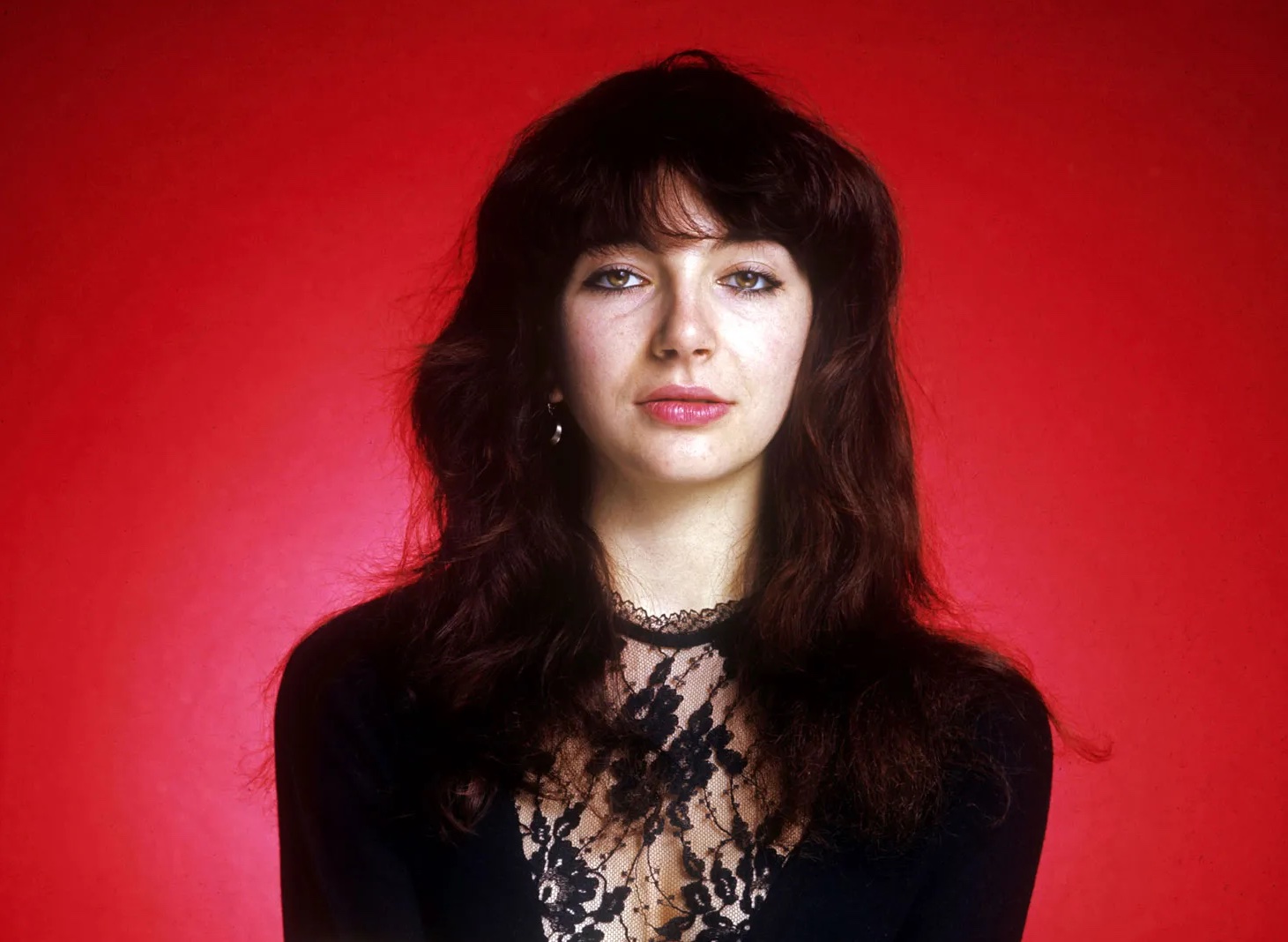
Kate Bush is a songwriter deserving of a renaissance. From The Shining to Ulysses, the English singer slipped in film and literary references throughout her career.
Kate Bush’s ‘Running Up That Hill (A Deal with God)’ from Hounds of Love is number one on the UK singles chart and padded shoulder suits are all the rage, but, no, it’s not 1985.
Just as a new generation of listeners were introduced to the wonders of Queen thanks to 1992’s Wayne’s World, Gen Z have been inaugurated into the mystic magick of Kate Bush’s own undefinable brand of gothic-art-pop through the latest season of Stranger Things.
Unlike her contemporaries, Kate existed out of time. Not content to cater to the fashions or references of the era, she wove her eclectic knowledge of literature, film and art into her songs alongside comedy, mime, theatre and the macabre to carve out her own niche of mystical surrealism and pop performance art.
When everybody else was singing about a “crazy little thing called love” or wondering whether you “like pina colada”, Kate was invoking Shakespeare’s Othello, “put out the light, then put out the light” she sings in 1980’s ‘Blow Away’, the same lines he speaks to Desdemona before killing her.
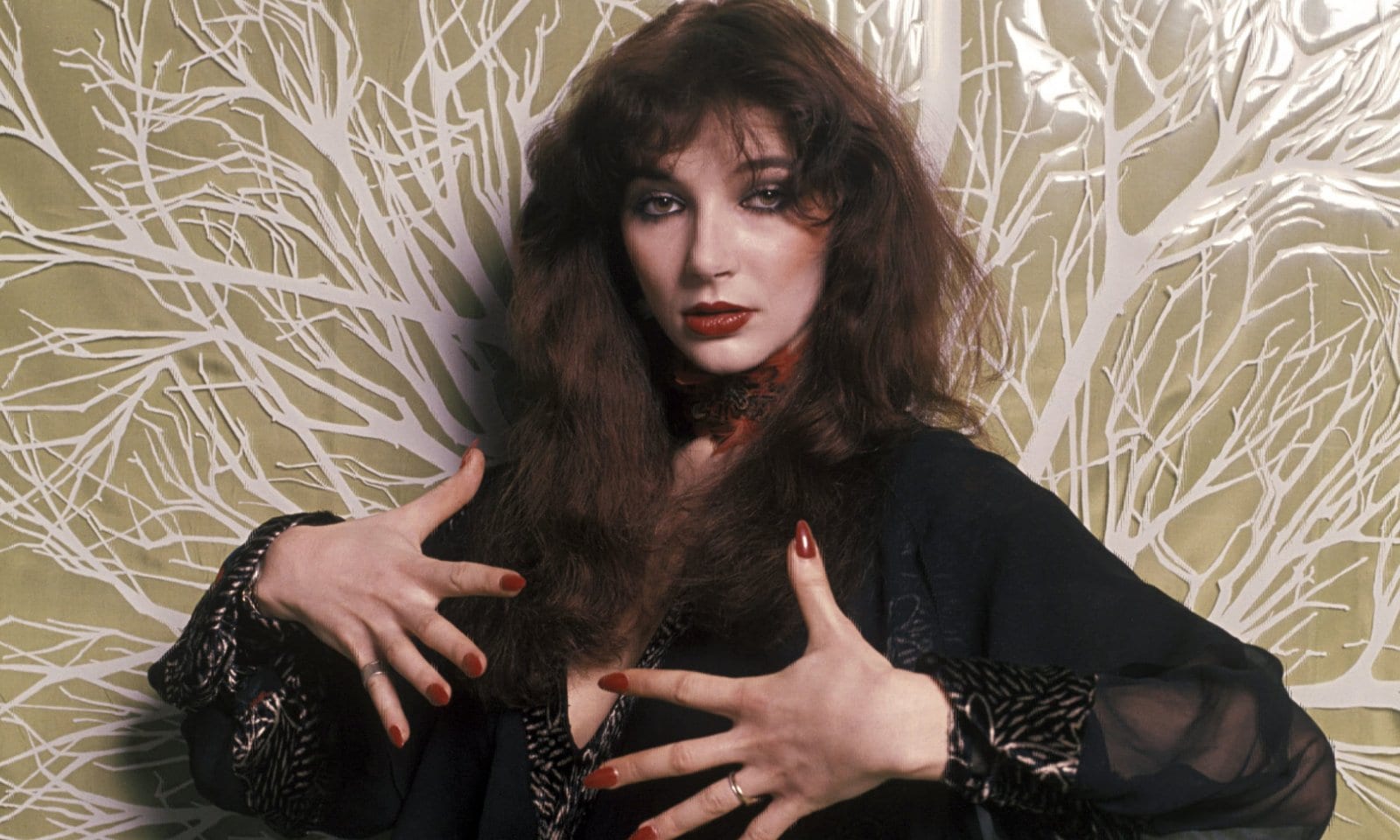
Whenever I reread Emily Brönte’s 1847 Wuthering Heights, its imagery of the deep dusky moors and Heathcliff’s sadistic power are entwined with the girl with the huge hair and wide eyes in the blinding white dress, limbs moving as if casting deep spells.
Kate was only nineteen when she released ‘Wuthering Heights’ in 1978 and she appeared on Top of the Pops out of the darkness like she knew the secrets of life itself; she was Cathy at the window, histrionic, dazzling, ethereal, come to life.
Jack Clayton’s 1961 film The Innocents (itself inspired by Henry James’ 1898 novella The Turn of the Screw) lay the foundation for the disturbing tale at the centre of Kate’s song ‘The Infant Kiss’, where she sings ethereally “I’ve never fallen for/a little boy before”, establishing herself further as a wunderkind at crafting melodies out of taboo subject matters.
Through her songs, she is able to imaginatively project herself into different personas, like a grieving son looking back at his memories of childhood wonder. ‘Cloudbusting’ was inspired by Peter Reich’s memoir A Book of Dreams about his father, the psychoanalyst Wilhelm Reich and the ‘cloudbuster’ machine he tried and failed to build.
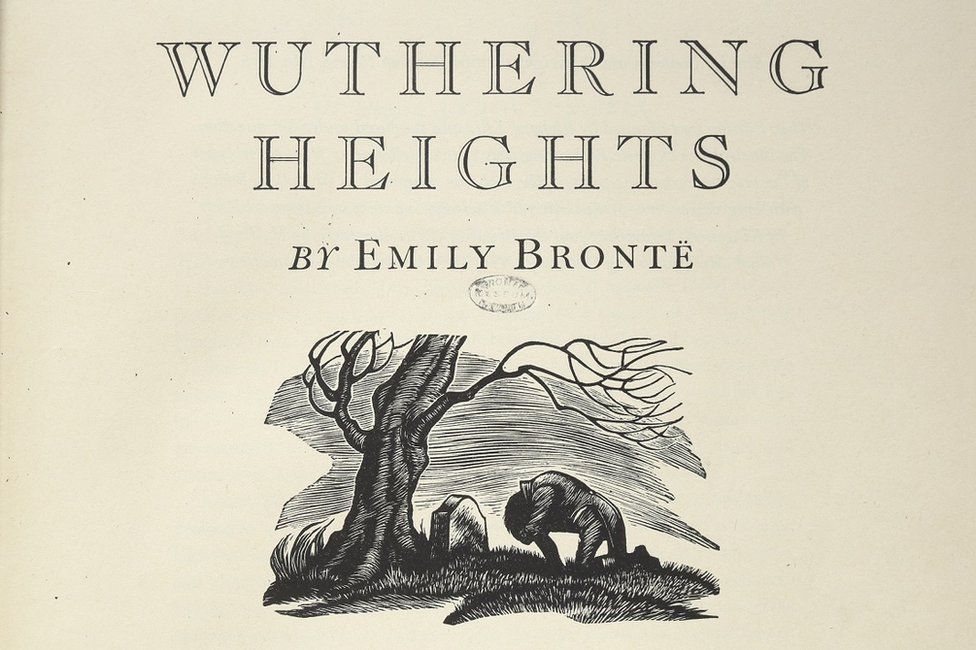
Emily Brönte’s Wuthering Heights inspired Kate Bush to pen a song under the same title
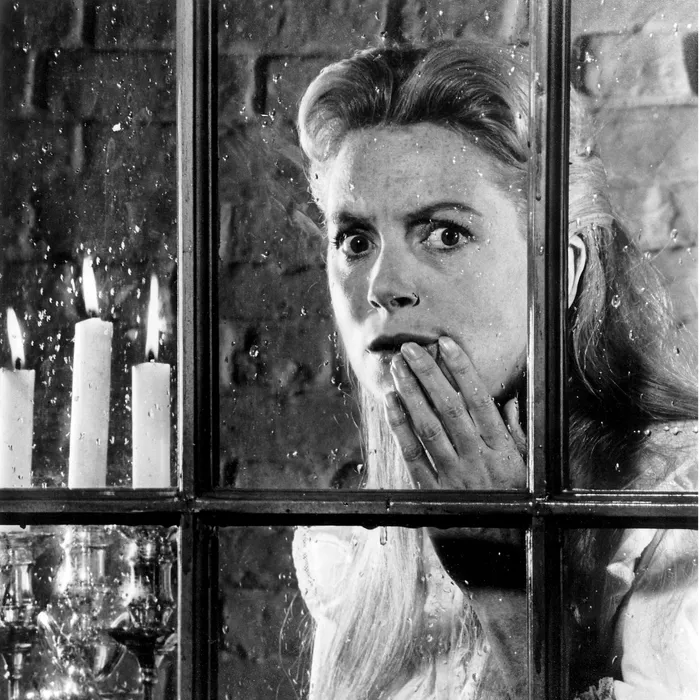
The Innocents (1961), a film based on Henry James’s 1898 novella The Turning of the Screw, inspired the lyrics to ‘The Infant Kiss’
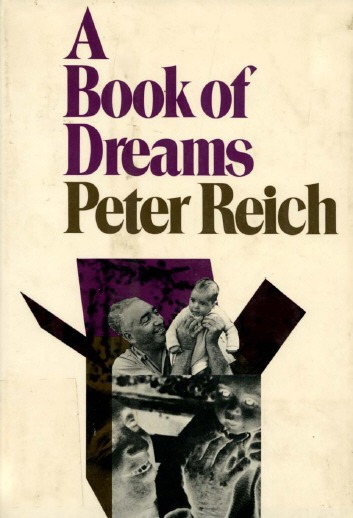
‘Cloudbusting’ was loosley based on Peter Reich’s A Book of Dreams
Mainstream contemporary art wasn’t altogether excluded, just given the quintessential Kate twist: in ‘Get Out Of my House’, she sings about Stephen King/Stanley Kubrick’s The Shining, only from the perspective of the house. “The house is like a human being, ” she said of it, “The person has been hurt and has decided to keep everybody out. “
1989’s ‘The Sensual World’ from the album of the same name is a delicious paean to early feminist icon Molly Bloom from James Joyce’s Ulysses. The novel ends with the roaring power of Molly’s soliloquy, an ode to a voracious appetite for all things carnal: Kate’s song explodes into a fit of velvety “mm yes”, channelling Molly’s voice, “and his heart was going like mad and yes I said yes I will Yes.”
The album The Red Shoes signalled her 1993 comeback, a work three years in the making, aptly named after the 1948 Powell and Pressburger film (and the Hans Christian Andersen tale) all about the gruelling agonies and ecstasies of artistic obsession.
It’s befitting that Max in Stranger Things, in her grief and solitude, would find her salvation in ‘Running up that Hill (A Deal with God)’, and turn to Kate, of all artists, an enigmatic figure you could project your feelings of being misunderstood.
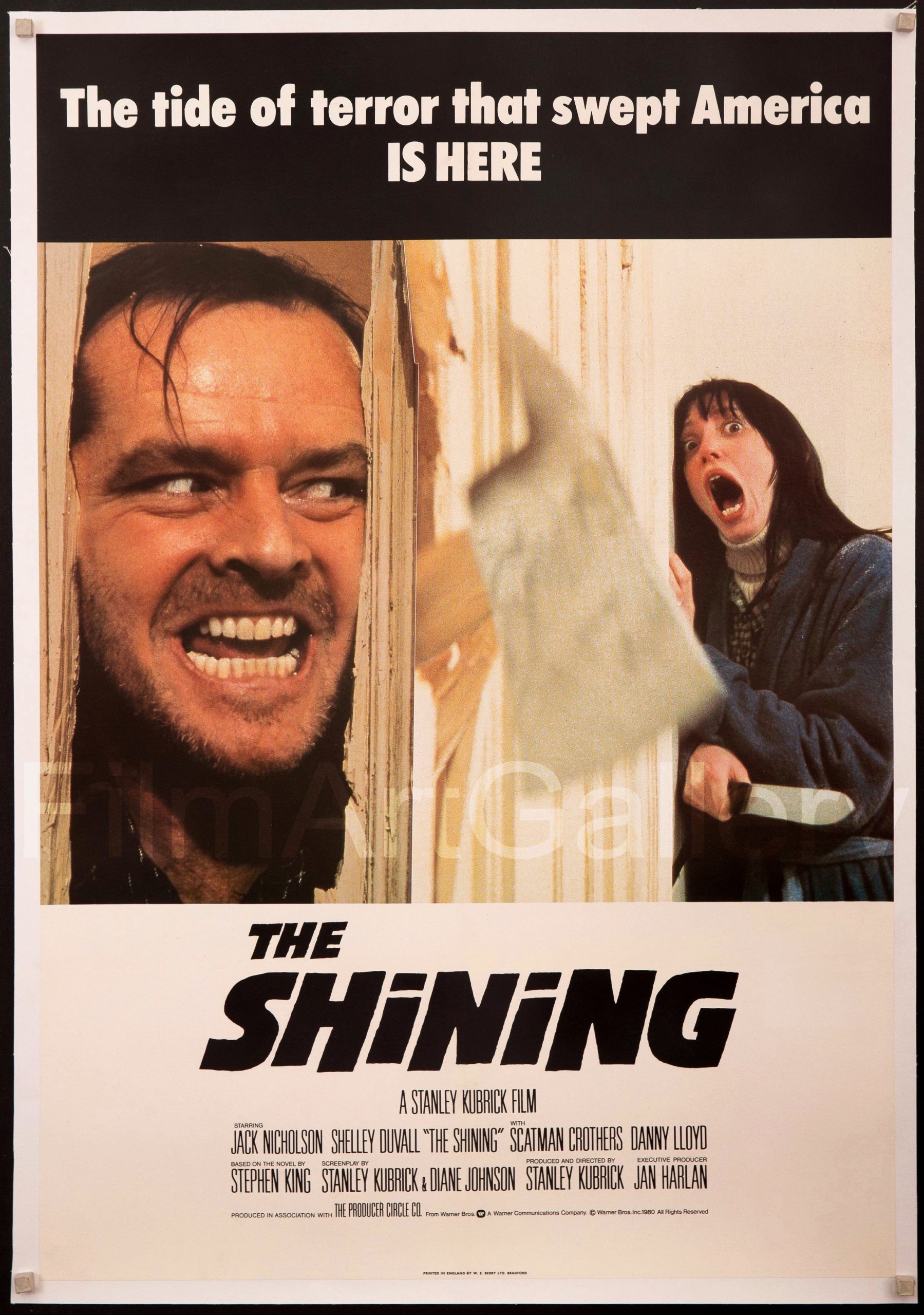
The Shining, starring Jack Nicholson as psychopathic Jack Torrance, inspired ‘Get Out Of My House’
Just like Max, when I was in my own version of hell/upside down as a depressed teen, hearing Kate’s voice that oscillates between a feral growl and a soothing whisper, singing about all of the ways in which it’s possible to hurt, felt like healing in itself.
She could be an angelic apparition one moment and horrific monster the next, sometimes within the same song, like in ‘Hammer Horror’, a campy embrace of the movies of the same name. “’I’d like my music to intrude. Not many females succeed with that”, she said in a 1977 interview.
Her intrusion not only kicked down the doors for female artists today but set a precedent, both creatively and behind the scenes; Kate was not only the singer, but songwriter, producer and choreographer on her albums. Her influence can be heard in the conceptual storytelling of St.Vincent’s music or Florence and the Machine’s avant-garde pop romanticism.
Within her music, she gave women permission to be everything, all at once: to be soft and sweet, to howl and shriek.
The multitudes she contained were not only freeing, but slyly transgressive, defying what the image of a female pop star should be.


